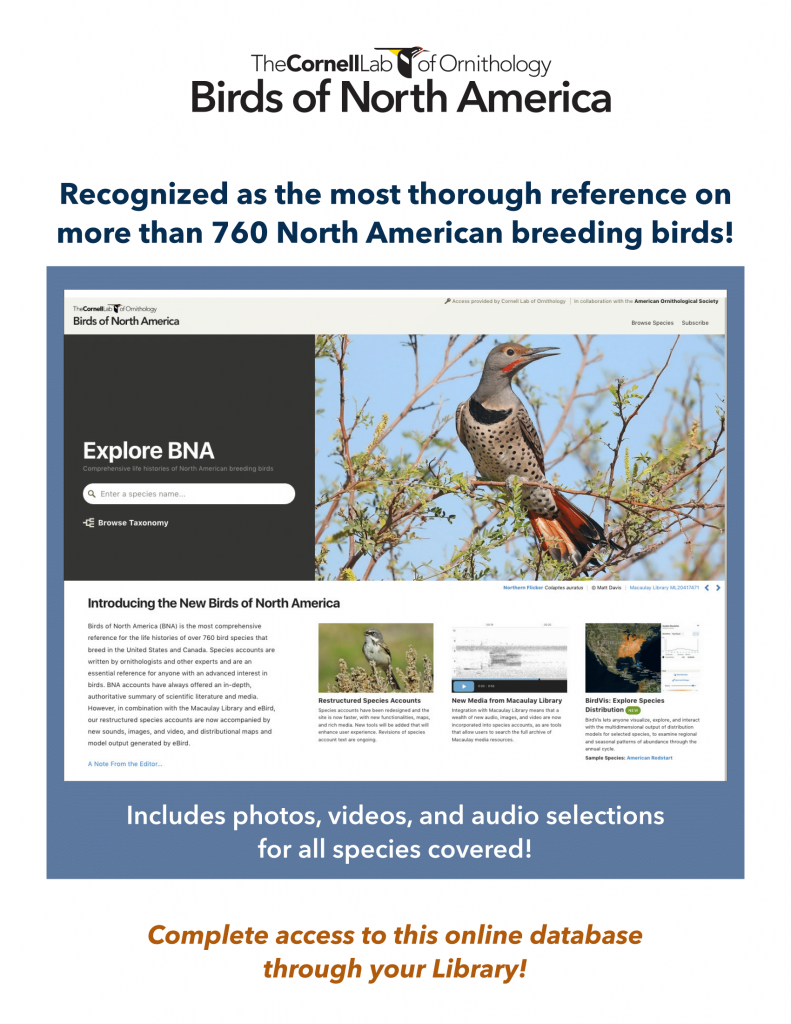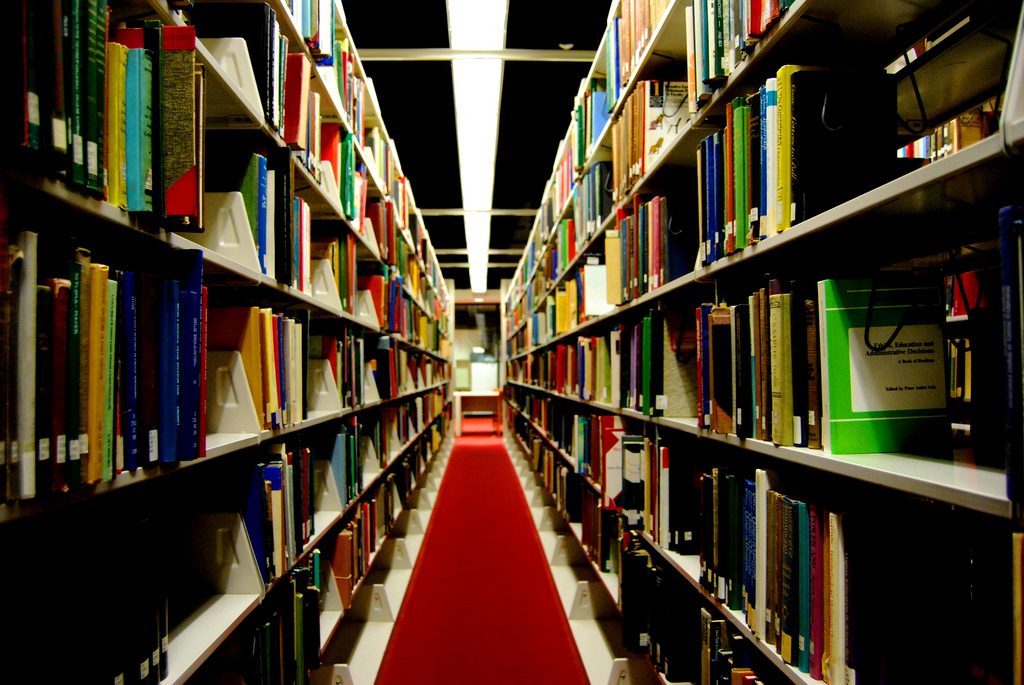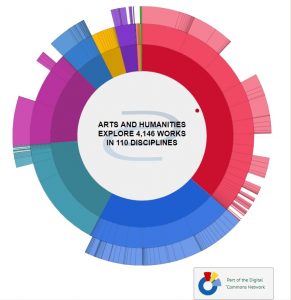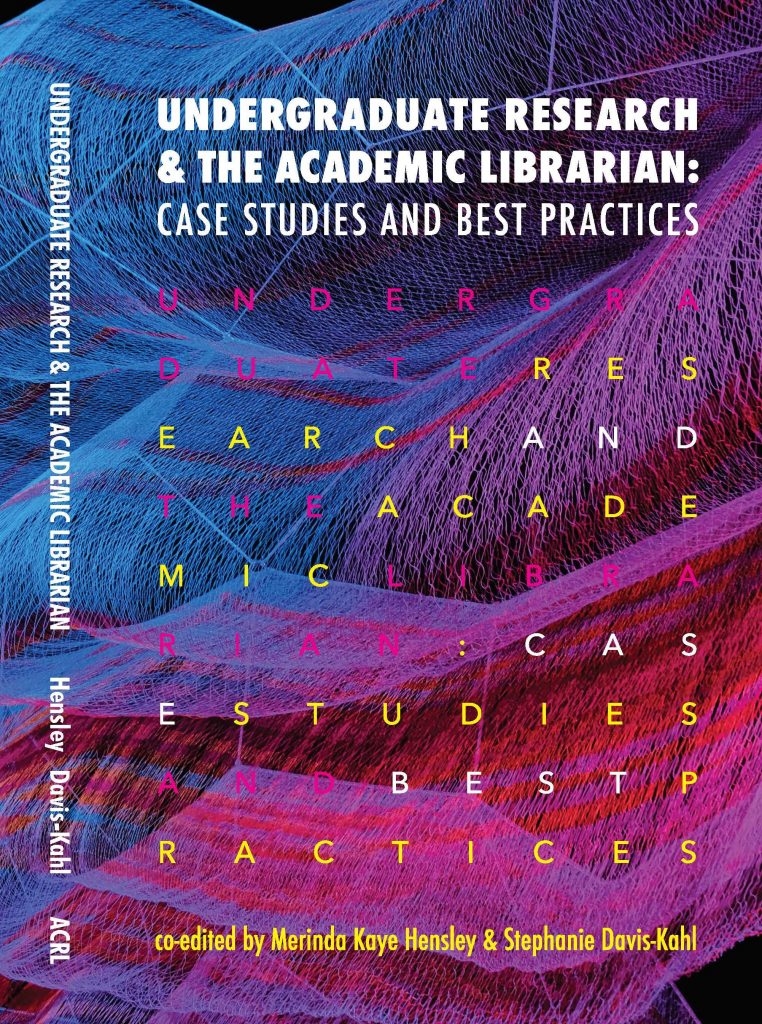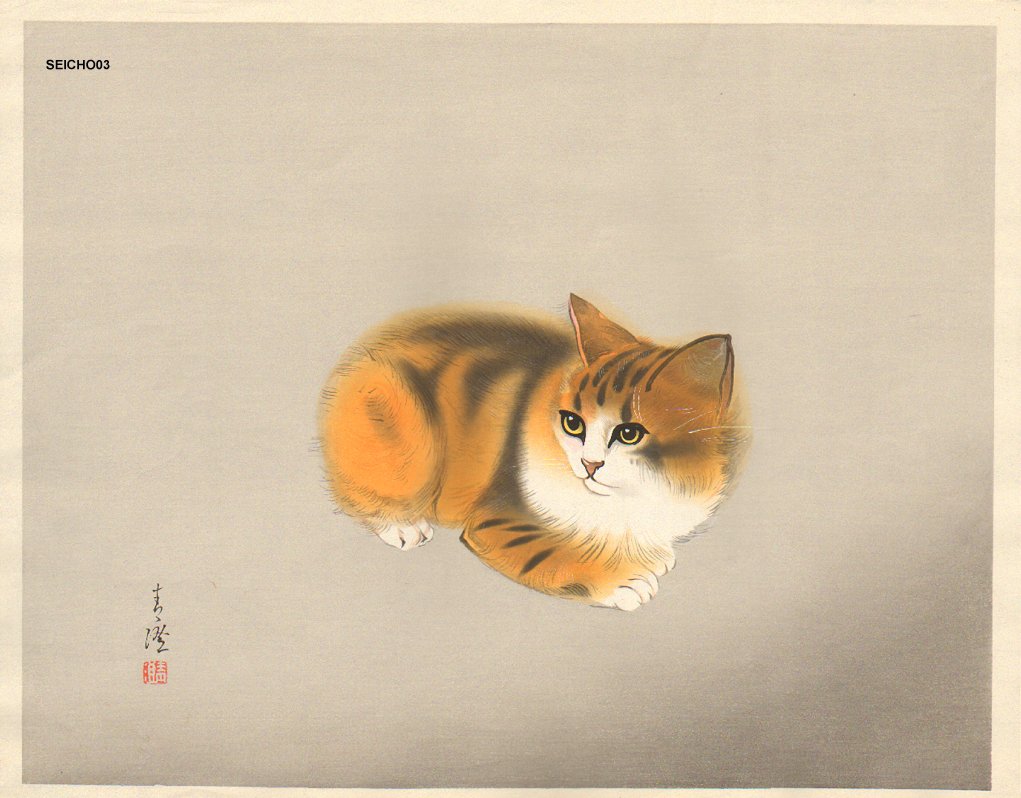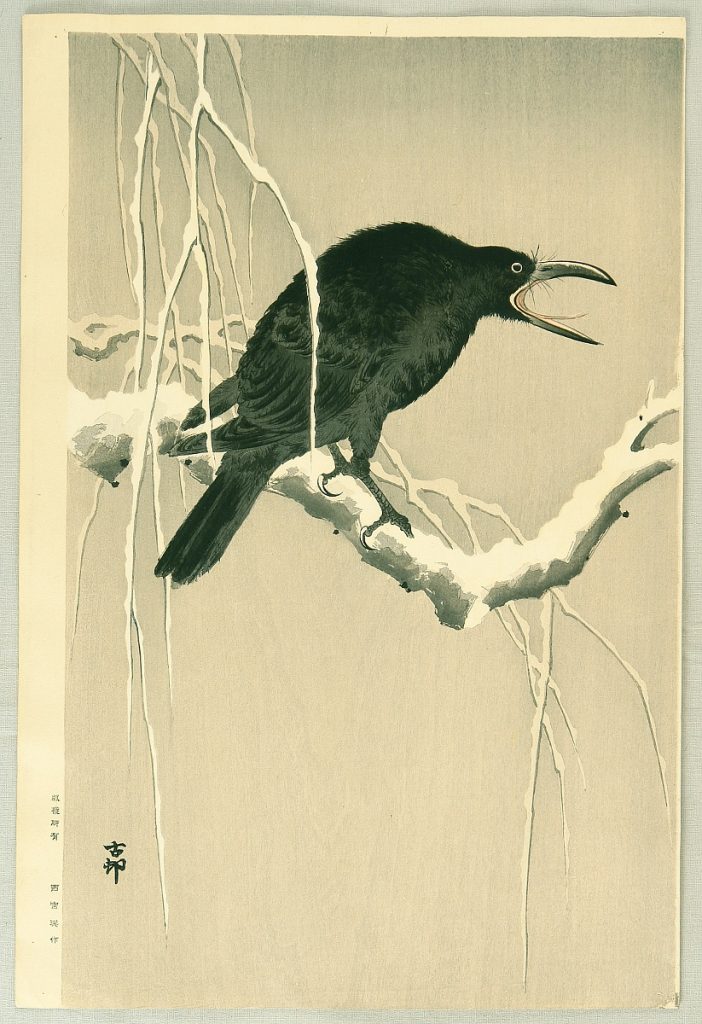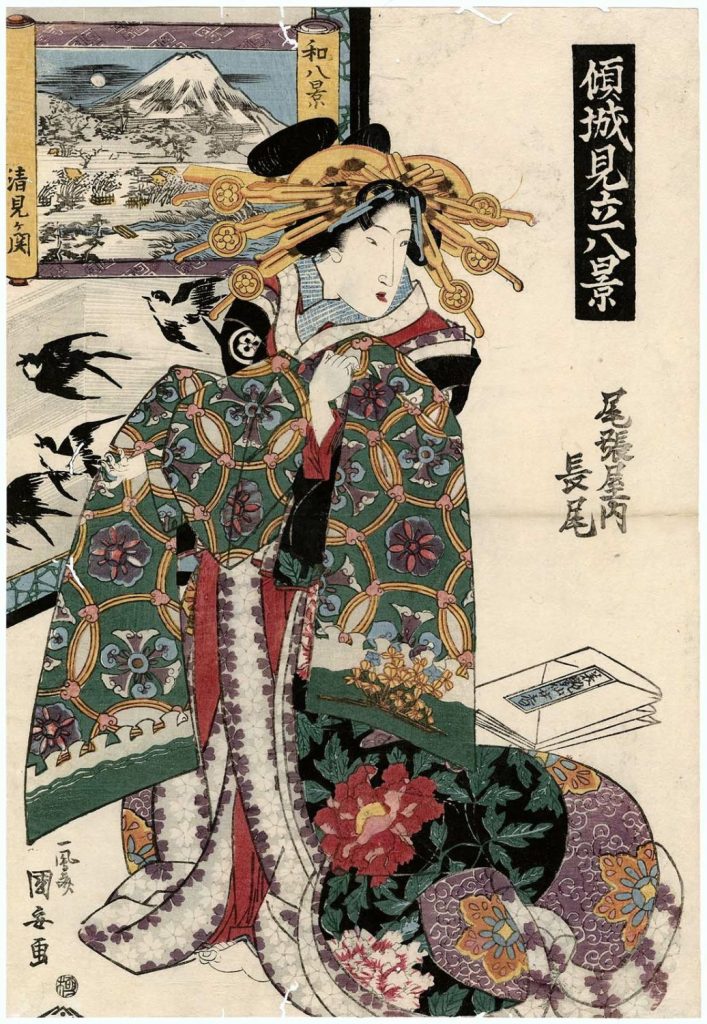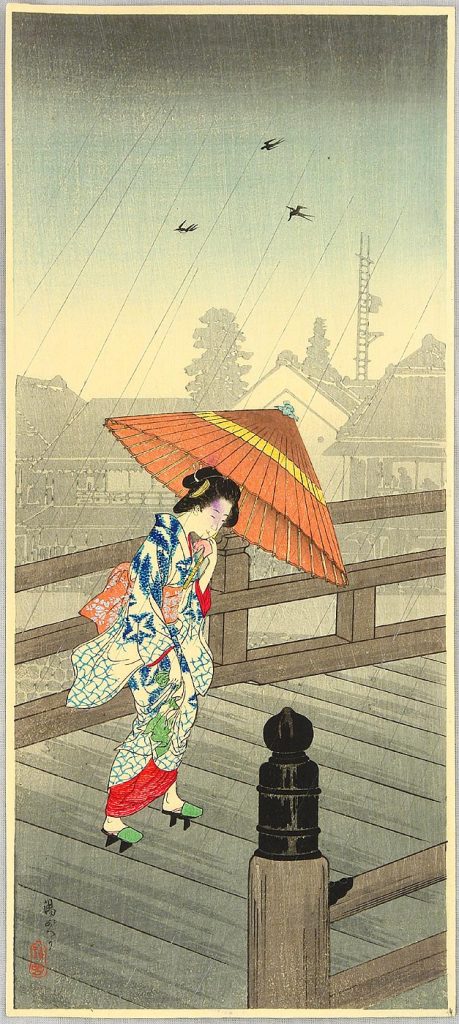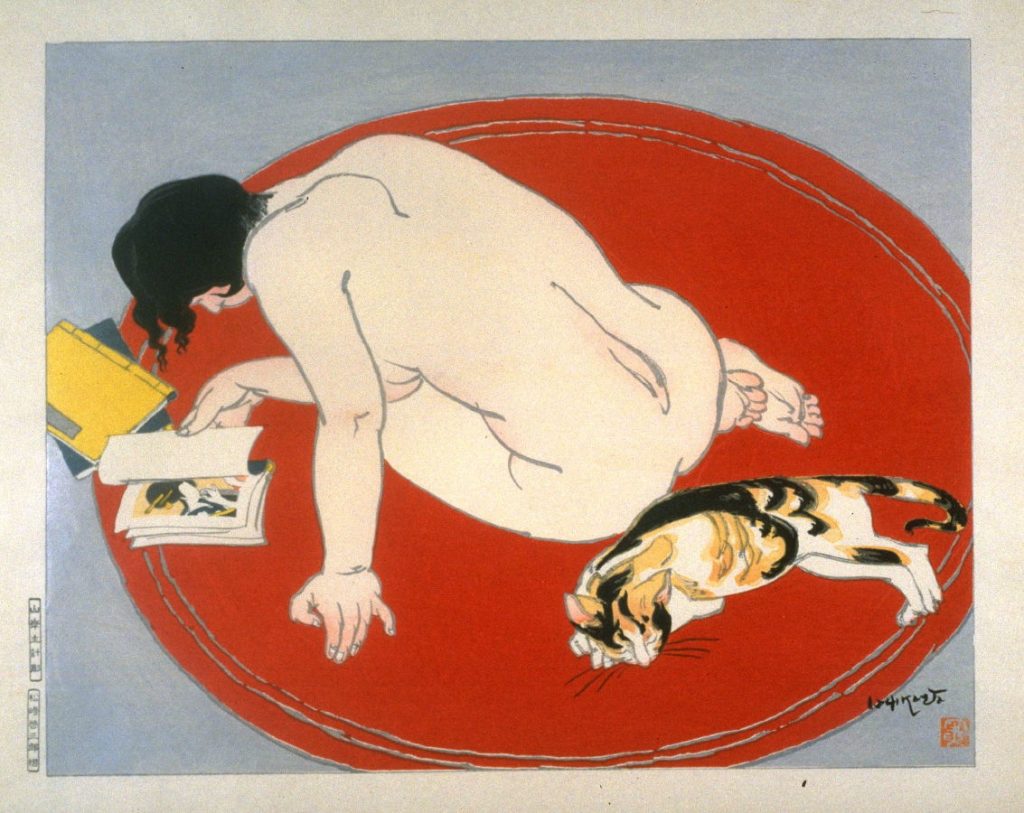Ames Library is currently evaluating two databases for future subscription, African Americans and Reconstruction: Hope and Struggle, 1865-1883 and African Americans and Jim Crow: Repression and Protest, 1883-1922. Together, the databases comprise approximately 2,400 printed works on the post-Civil War and Post-Reconstruction periods in African-American history. The works are drawn from The Library Company of Philadelphia’s Afro-Americana Collection.
African Americans and Reconstruction: Hope and Struggle [and African Americans and Jim Crow ] offers a comprehensive survey of the black experience during the crucial post-Civil War period [and during the period from post- Reconstruction through the early 1920s]. Using this multifaceted collection researchers can easily uncover patterns of thought and compare points of view comprehensively. Students will find numerous new topics for term papers, group study and oral presentations, and teachers and faculty will discover multiple paths for classroom study. And by using helpful features such as “Suggested Searches,” users at all levels can drill into the content by topic, time period, theme or subject matter. (Readex)
The databases are searchable by subject, each of which includes subcategories such as African-American Women Authors, Antislavery Literature, Economic Conditions in the South, Miscegenation, White Supremacy Movements and Groups, African-American Churches and Clergy, African-American Colleges and Universities, and so on.
This 30-day trial is good until November 12th, 2017. You can access the databases using the links above or by visiting our A–Z Resources page (http://libguides.iwu.edu/az.php). (New and trial databases are located on the right-hand side of the page and are also searchable by title.)
What do we want from you? Check them out! Tell us if you like them. The Ames Library regularly signs up for trial subscriptions each year and we love to get your feedback on resources that could strengthen our collections. We have a virtual suggestion box here: https://www.iwu.edu/library/information/Suggestion-Box.html
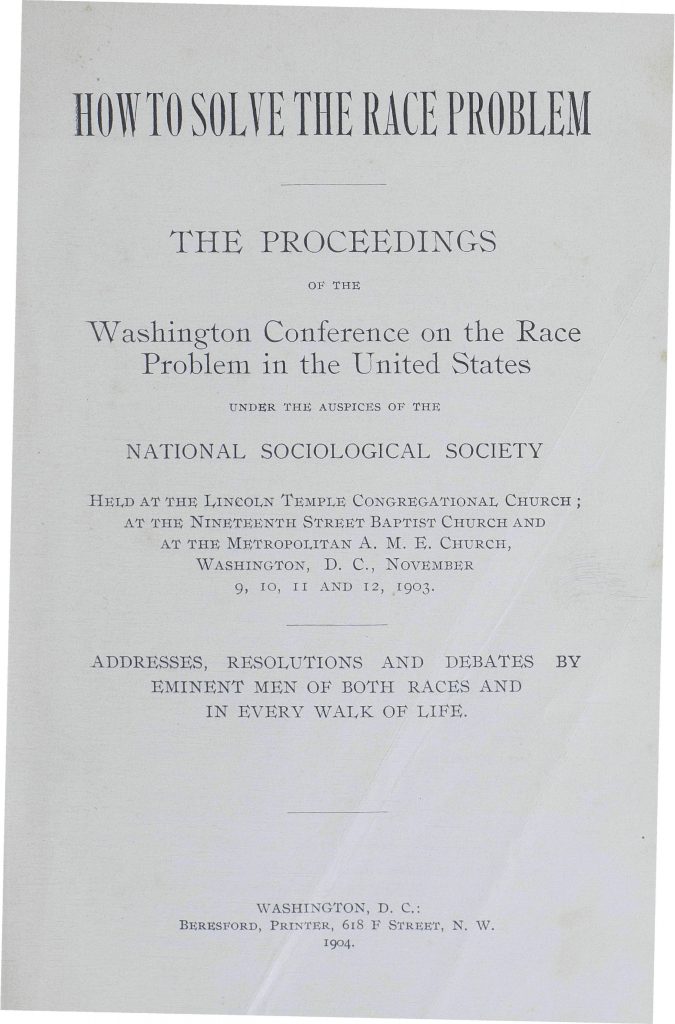
Washington Conference on the Race Problem in the United States. How to Solve the Race Problem : The Proceedings of the Washington Conference on the Race Problem in the United States (Washington, DC: Beresford, Printer, 1903)
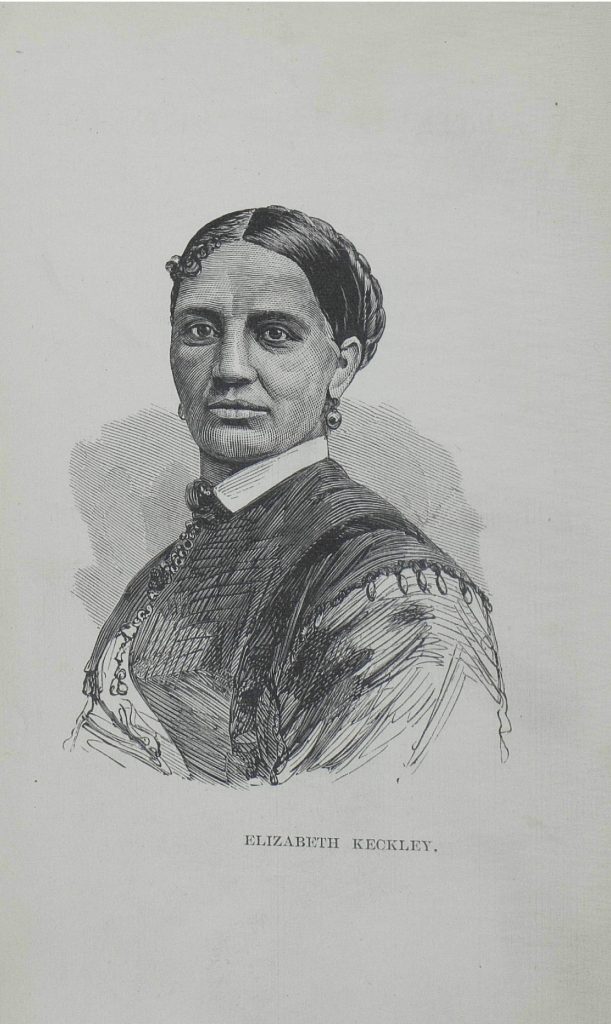
Keckley, Elizabeth. Behind the Scenes, or, Thirty Years a Slave, and Four Years in the White House (New York: G.W. Carleton, 1868)
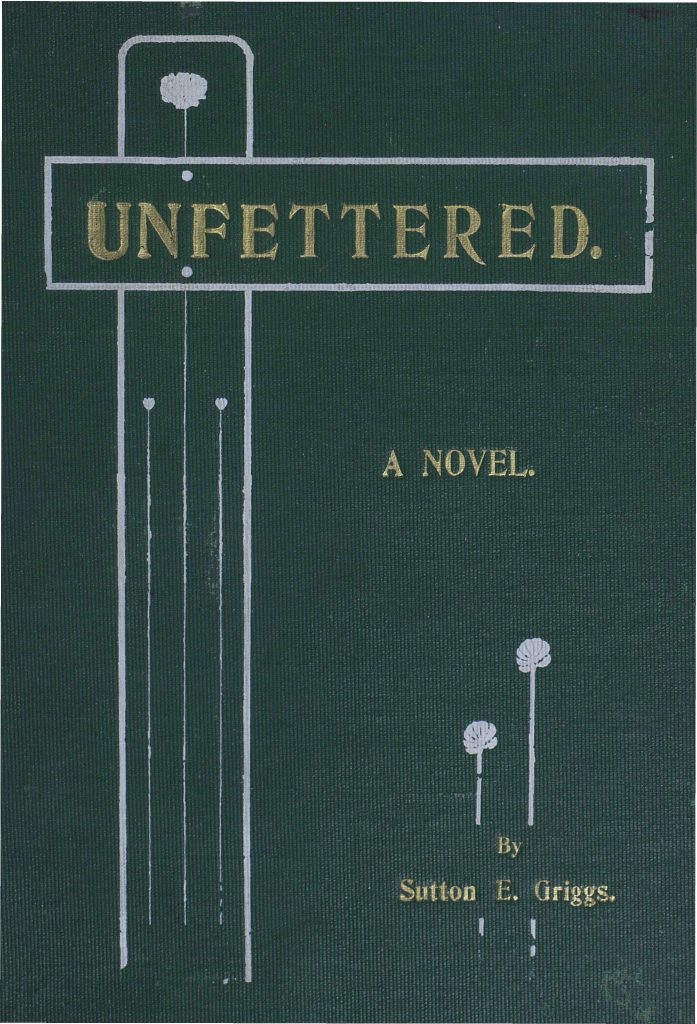
Griggs, Sutton E. Unfettered: A Novel (Nashville: The Orion Publishing Company, 1902)
